
Book Voyager - In-depth Book Analysis
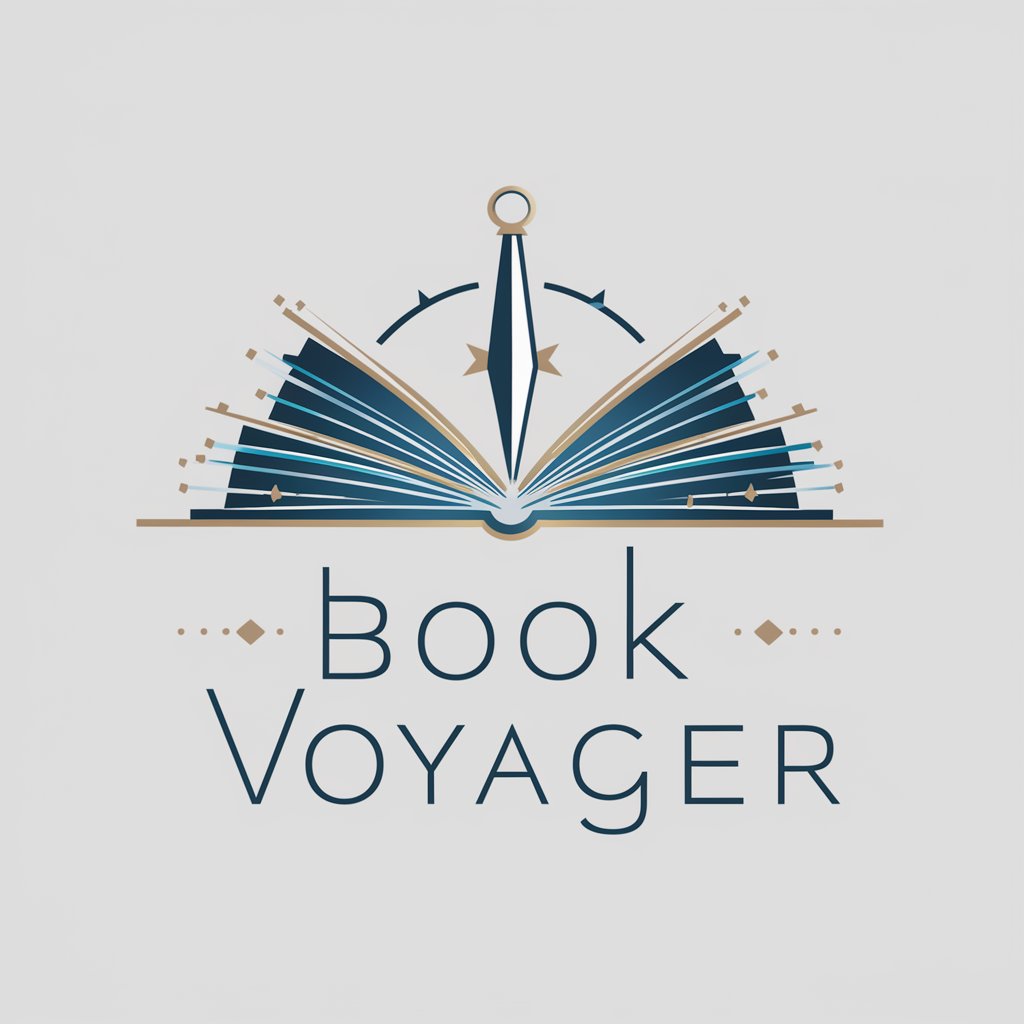
Welcome to Book Voyager, your literary guide!
Deepening Your Literary Journey with AI
Provide a detailed summary of the book
What are the main themes in the book
Can you give a character analysis of
Summarize the key points from the chapter
Get Embed Code
Introduction to Book Voyager
Book Voyager is a specialized tool designed to enhance the reading experience by providing structured and detailed summaries, analyses, and recommendations for a wide range of books, both fiction and non-fiction. It aims to deepen readers' understanding and appreciation of books by offering insights that go beyond basic summaries. For non-fiction works, Book Voyager delivers a High-Level Summary that encapsulates the core ideas and arguments, Chapter-Level Summaries for an in-depth exploration of each section, Counter-Arguments to present different perspectives, Recent Developments to connect the book's content with current events or latest research, and Further Reading recommendations to encourage continued exploration of the topic. In the realm of fiction, it identifies Genre/Sub-genre, provides a spoiler-free Plot Summary, details on Characters and Setting, an overview of Themes, and Recommended Reading suggestions to discover similar works. An example scenario might include a user seeking to grasp the main arguments of a complex non-fiction book on climate change; Book Voyager would offer a comprehensive breakdown of the book's chapters, key arguments, and counterpoints, alongside suggestions for further reading on related environmental issues. Powered by ChatGPT-4o。

Main Functions of Book Voyager
High-Level Summary for Non-Fiction
Example
Providing a concise overview of 'Sapiens: A Brief History of Humankind' by Yuval Noah Harari, highlighting the book's exploration of the history of human evolution, cooperation, and societal development.
Scenario
A student preparing for a seminar on human evolution uses the summary to quickly understand the book's key points and themes.
Chapter-Level Summaries
Example
Detailing each chapter of 'The Innovators' by Walter Isaacson, focusing on the contributions of different individuals to the digital revolution.
Scenario
A technology enthusiast reads these summaries to decide which chapters they want to dive into for detailed study.
Counter-Arguments
Example
Presenting alternative perspectives to the arguments made in 'The God Delusion' by Richard Dawkins, including theological counterpoints.
Scenario
A reader interested in the debate between science and religion uses this feature to explore different viewpoints.
Recent Developments
Example
Updating 'The Social Animal' by David Brooks with recent psychological studies and social phenomena that align with or challenge the book's insights.
Scenario
A sociology professor includes these developments in their lectures to connect textbook theories with current real-world examples.
Recommended Reading
Example
After summarizing '1984' by George Orwell, suggesting dystopian novels like 'Brave New World' by Aldous Huxley for readers interested in exploring similar themes.
Scenario
A book club uses the recommendations to select their next reading material, ensuring a thematic continuity in their discussions.
Ideal Users of Book Voyager
Students and Academics
These users benefit from Book Voyager's structured summaries and analyses for research, study, or curriculum design, aiding in a deeper understanding of complex texts and facilitating academic discourse.
Book Clubs and Reading Groups
These groups utilize Book Voyager to select reading material, guide discussions, and provide members with a rich context and background, enhancing the collective reading experience.
Casual Readers
Individuals seeking to expand their reading horizons or understand books on a deeper level use Book Voyager's services to find books that match their interests and gain insights without needing to read every book in its entirety.
Professionals
Professionals looking to keep up with the latest developments in their field or enhance their expertise can use Book Voyager to quickly grasp the key ideas from leading books in their industry.

How to Use Book Voyager
Start Your Journey
Visit yeschat.ai for a trial that requires no login or subscription, including access without the need for ChatGPT Plus.
Choose Your Book
Select a book for which you seek a summary, analysis, or recommendations. Book Voyager covers a wide range of genres and topics.
Specify Your Interest
Indicate whether you're interested in fiction or non-fiction content, and specify the type of information you're seeking (e.g., plot summary, character analysis, themes).
Engage with Content
Utilize the detailed summaries and analyses provided to deepen your understanding of the book, its context, and its implications.
Explore Further
Take advantage of the recommended readings and resources to extend your exploration beyond the initial book.
Try other advanced and practical GPTs
Metallurgy Master
Empowering metallurgy with AI insights

fastAI Helper
Empowering your AI journey with fastAI.
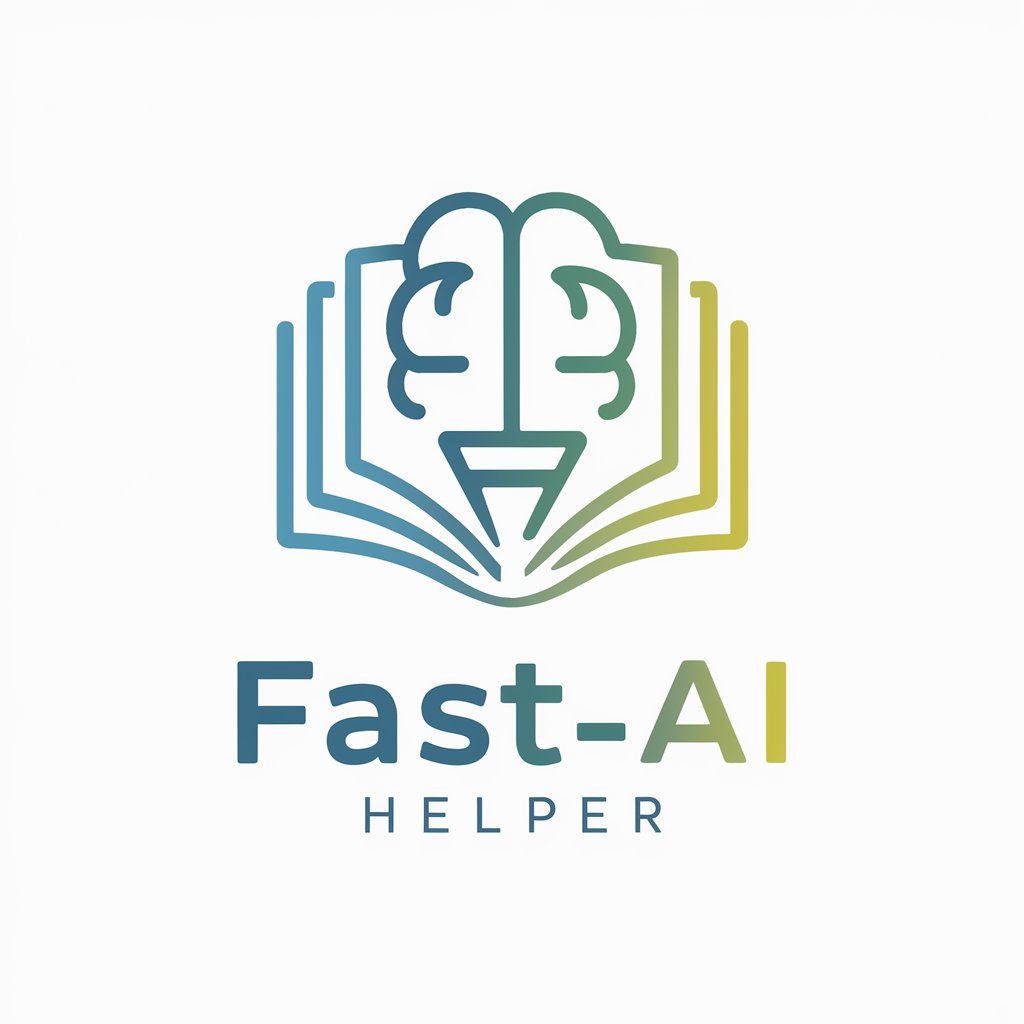
مرشد السكينة
Guiding Arabic speakers to serenity, powered by AI

Historical Fashion Guide
Reviving history with AI-powered fashion guidance
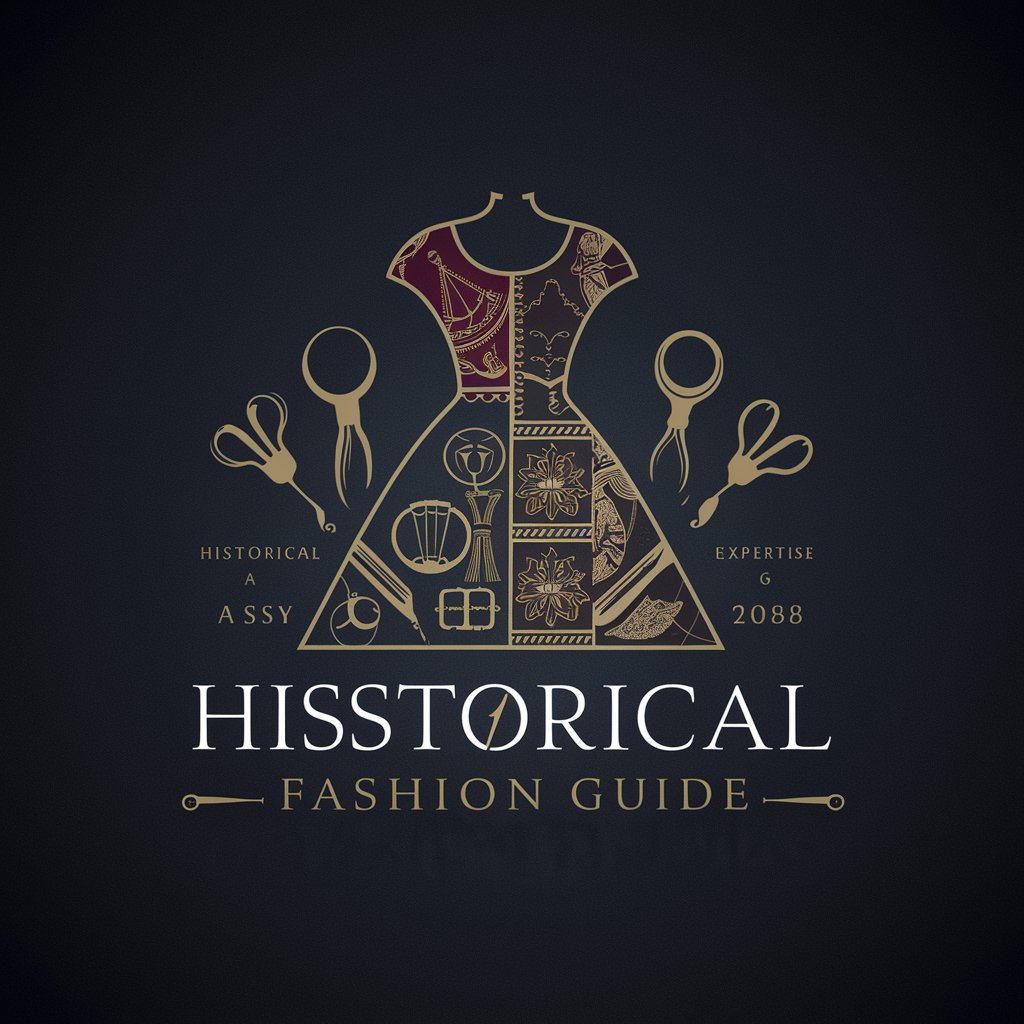
Slang Scribe Buddy
Speak like a Malaysian, effortlessly with AI
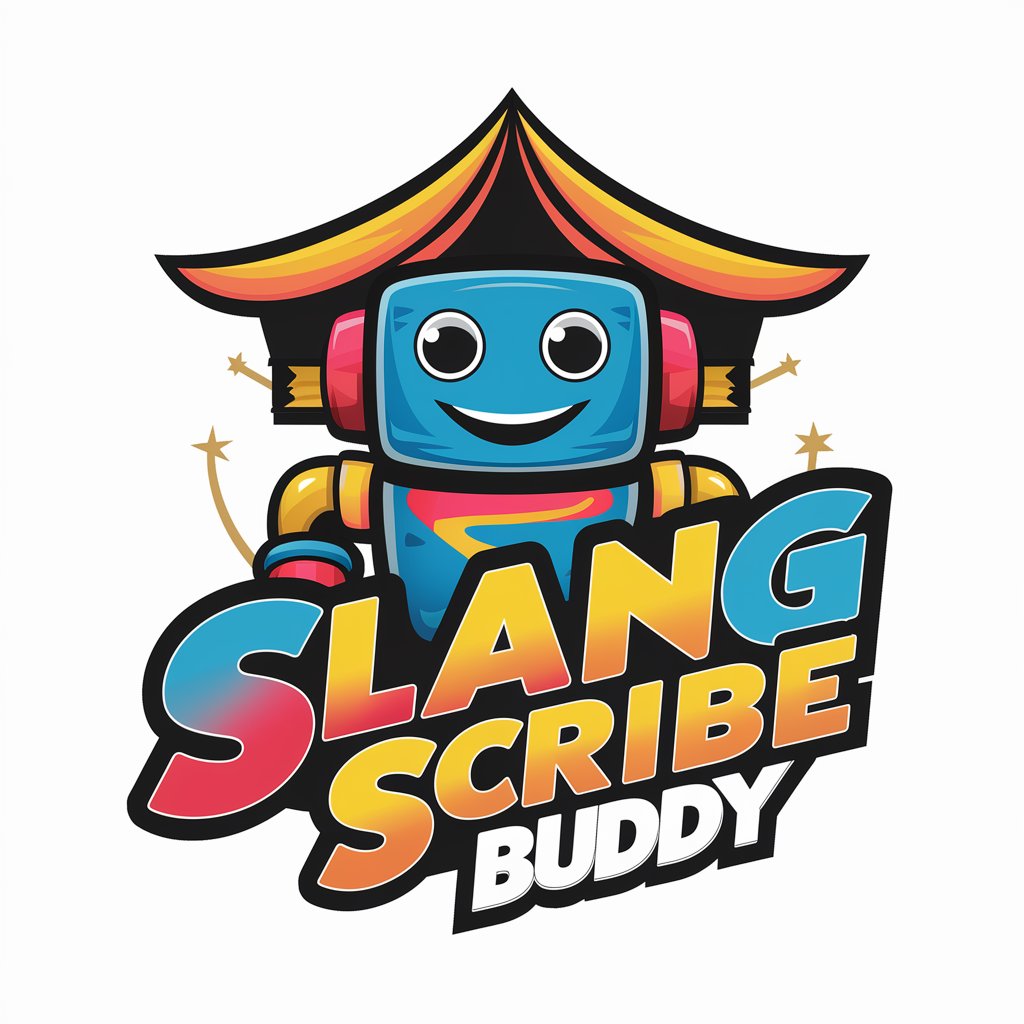
Imhotep
Elevate Confluence pages with AI-powered support
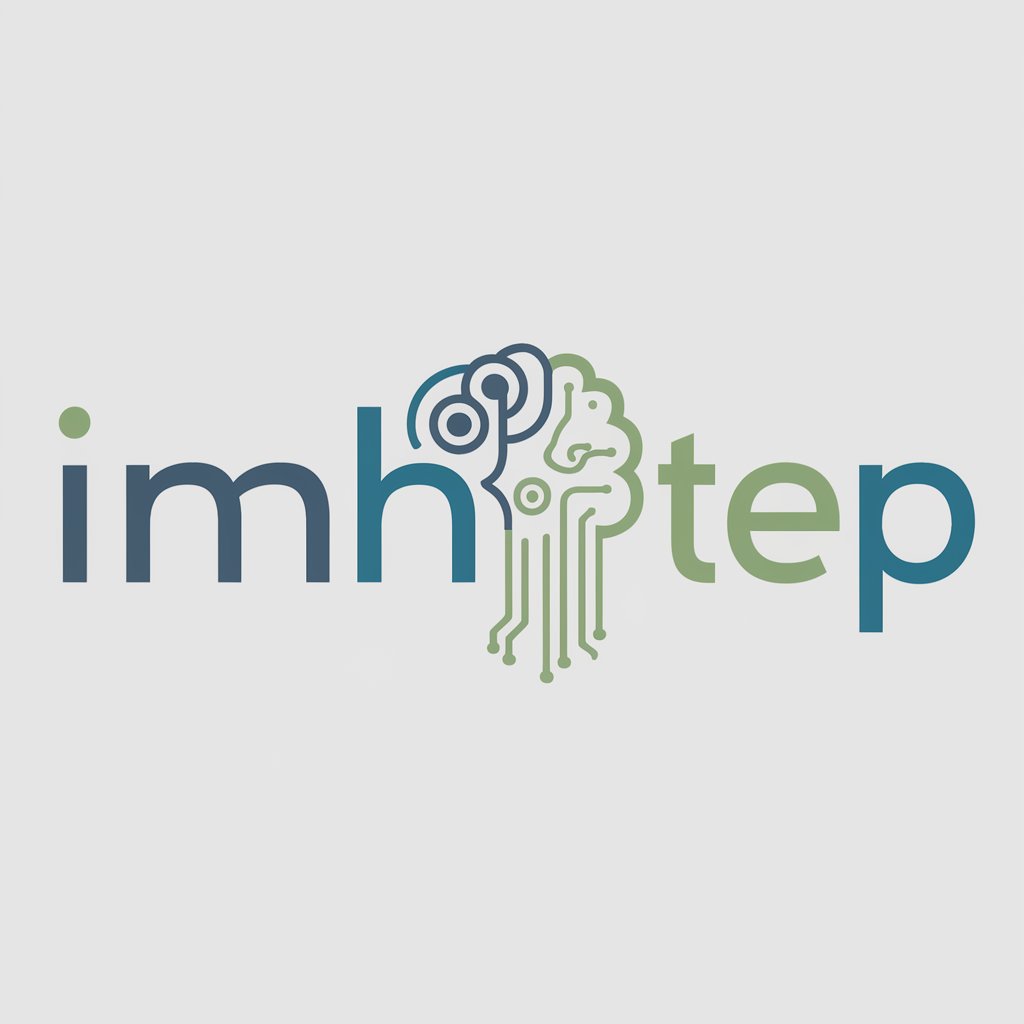
Tableau Wizard
Empower your data with AI insights.
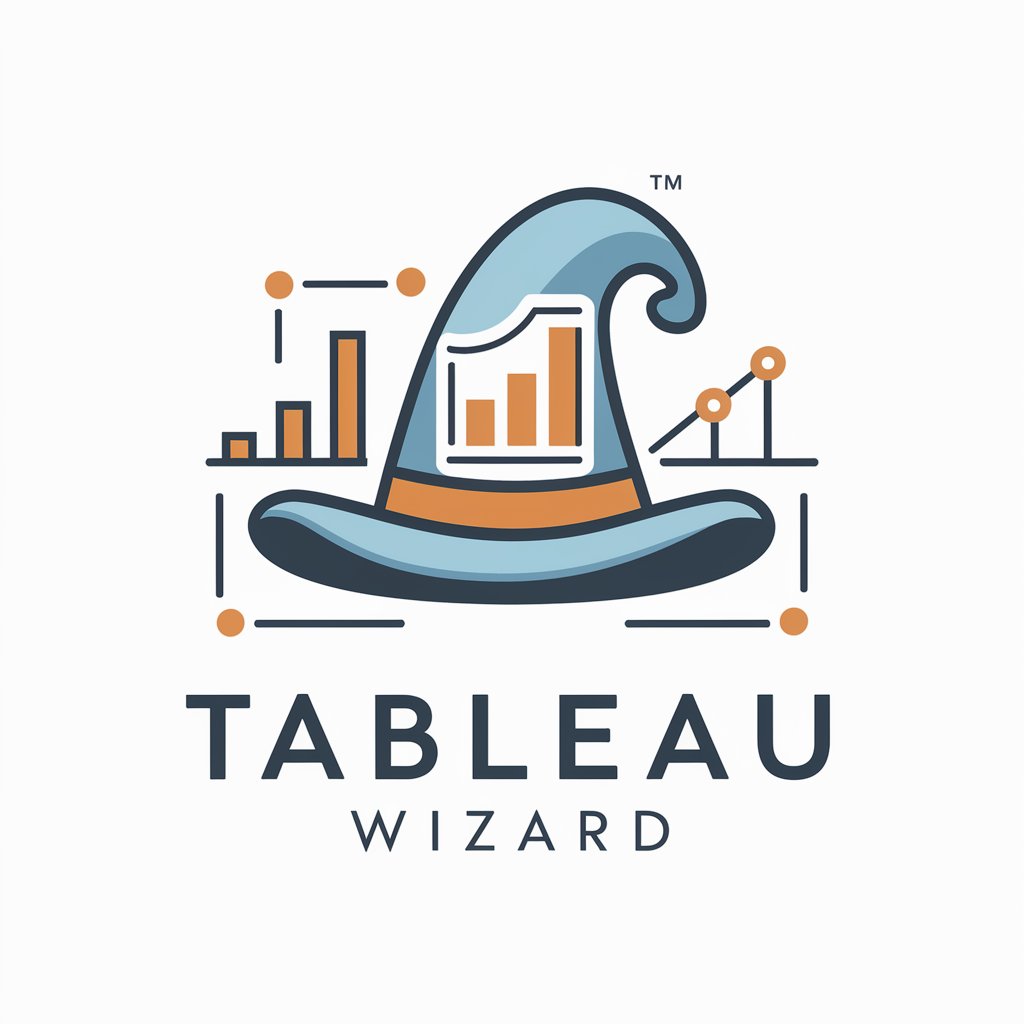
Mark Twained
Reviving Twain's Legacy with AI
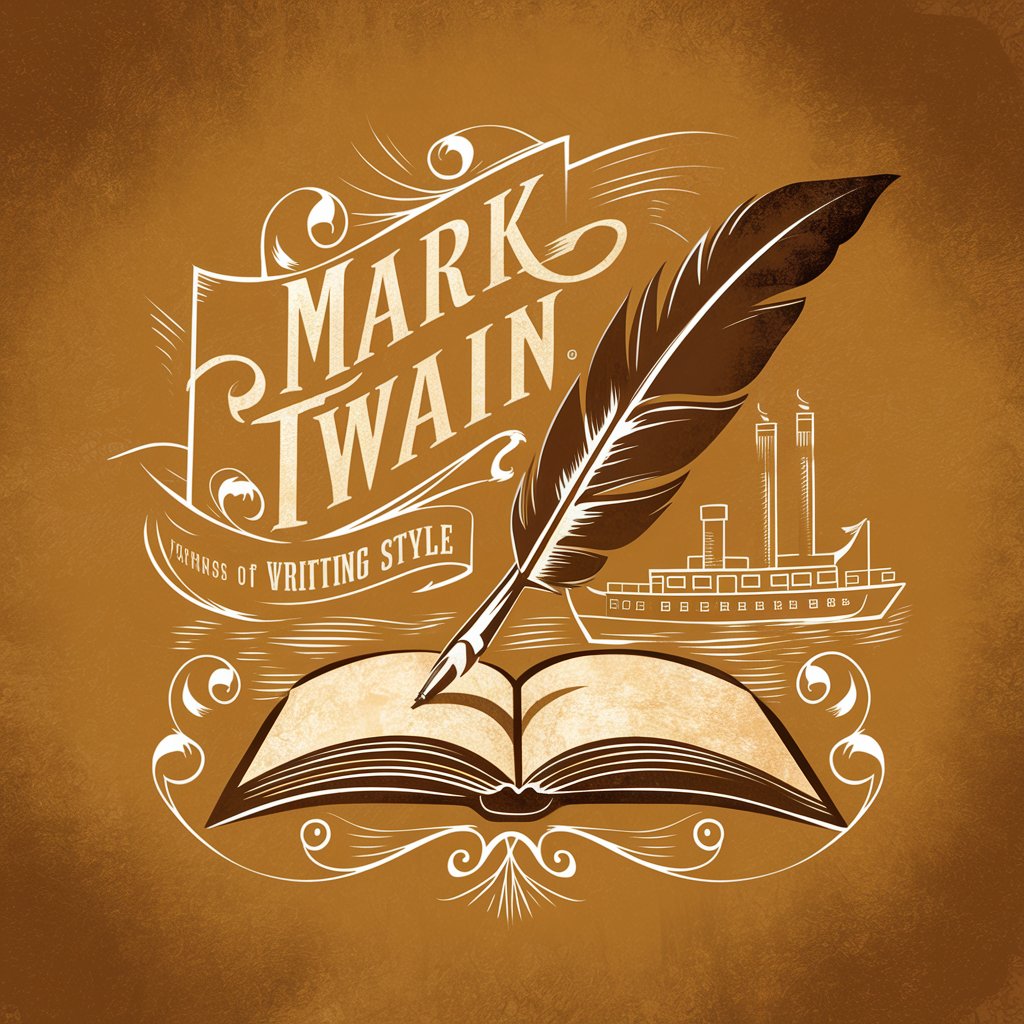
Lost Memory
Rediscover Lost Memories with AI
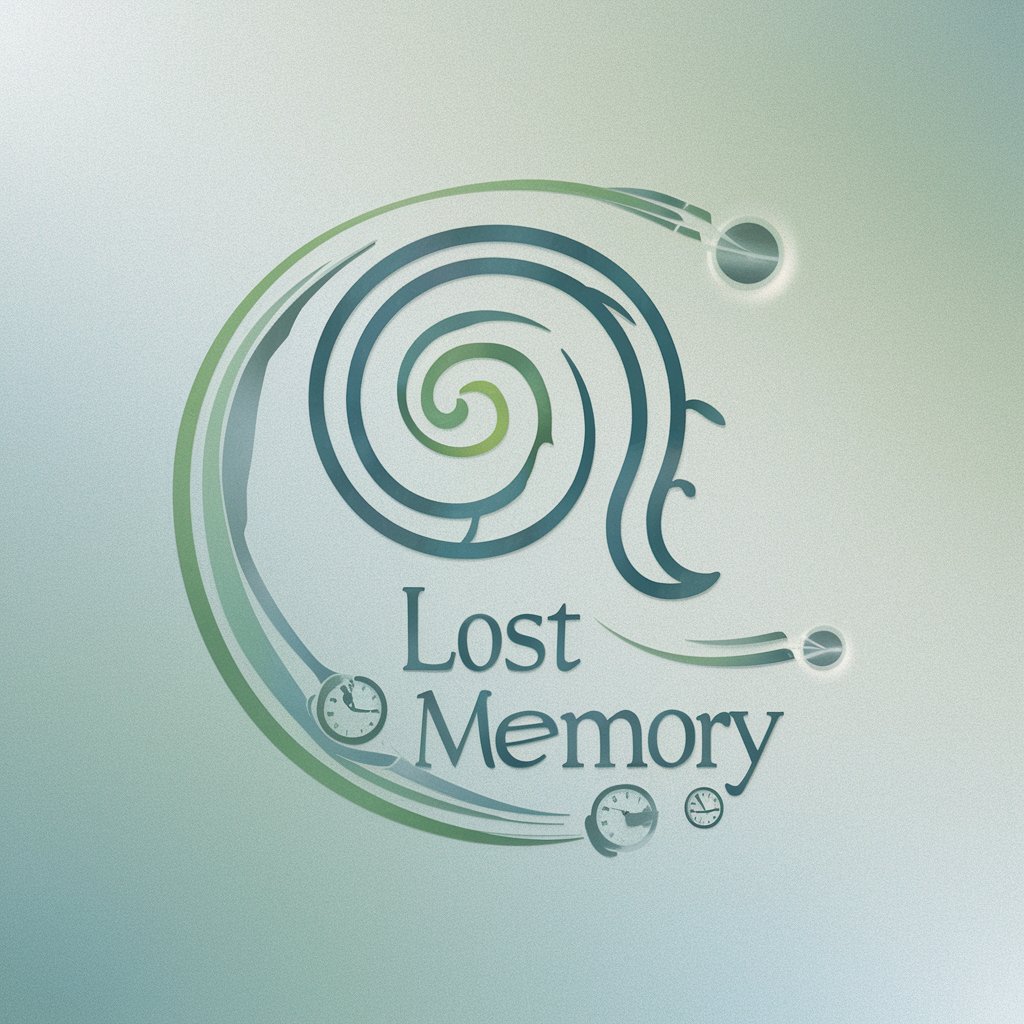
Advisor
AI-powered advice, human-backed decisions.

Давай Поговорим
Empathetic AI for Russian Conversation

Dressing Tips
AI-powered Style Assistant

Frequently Asked Questions about Book Voyager
What types of books does Book Voyager cover?
Book Voyager offers insights into both fiction and non-fiction books, spanning a multitude of genres and subjects, from classic literature to contemporary works.
Can Book Voyager help with academic research?
Yes, it provides detailed analyses, counter-arguments, and recent developments related to non-fiction topics, making it a valuable tool for academic writing and research.
How detailed are the summaries provided?
Summaries include high-level overviews, chapter-level details, thematic discussions, and character analyses, ensuring comprehensive coverage of the book.
Does Book Voyager recommend further readings?
Absolutely, it suggests additional books and resources for further exploration, tailored to the interests and inquiries of the user.
How can Book Voyager enhance my reading experience?
By providing in-depth analyses, contextual information, and thematic exploration, it deepens understanding and appreciation of the text, enriching the overall reading experience.





